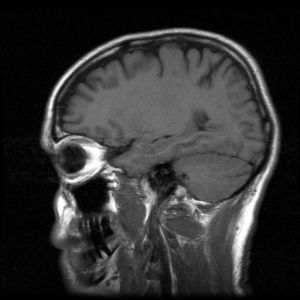 Here is another article on the biological basis of moral behavior. Once again, new brain imaging techniques are allowing us to study these higher cognitive processes, and raising interesting philosophical questions.
Here is another article on the biological basis of moral behavior. Once again, new brain imaging techniques are allowing us to study these higher cognitive processes, and raising interesting philosophical questions.
If It Feels Good to Be Good, It Might Be Only Natural
…when the volunteers placed the interests of others before their own, the generosity activated a primitive part of the brain that usually lights up in response to food or sex. Altruism, the experiment suggested, was not a superior moral faculty that suppresses basic selfish urges but rather was basic to the brain, hard-wired and pleasurable. Their 2006 finding that unselfishness can feel good lends scientific support to the admonitions of spiritual leaders such as Saint Francis of Assisi, who said, “For it is in giving that we receive.” But it is also a dramatic example of the way neuroscience has begun to elbow its way into discussions about morality and has opened up a new window on what it means to be good.
Technorati Tags: morals, altruism, selfish, neuroscience, psychology, morality
